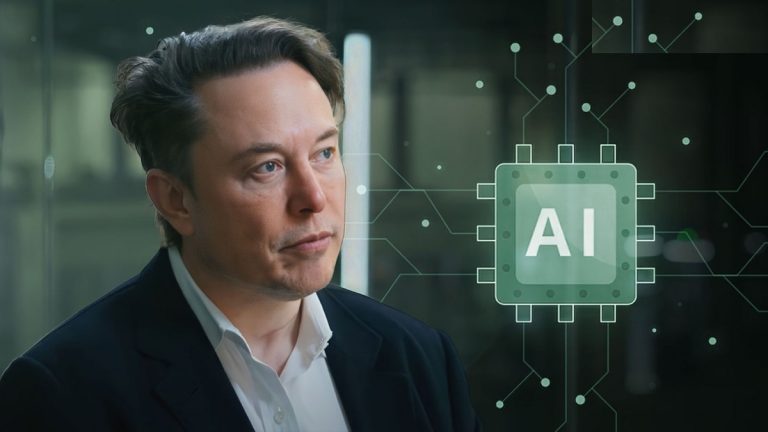
OpenAI, the artificial intelligence research organization co-founded by Elon Musk, has revealed some details about its early history and relationship with the billionaire entrepreneur. In a blog post published on Thursday, OpenAI said that Musk had proposed to become the CEO of the company and merge it with his electric car maker Tesla in 2017, but the idea was rejected by the board of directors.
The relationship between Elon Musk and OpenAI, the research organization he co-founded in 2015, has been fraught with debacles and controversies. In this blog post, we will examine some of the major events that have strained the ties between the visionary entrepreneur and the ambitious non-profit.
According to OpenAI, Musk made the offer after he stepped down from the board of directors in February 2017, citing potential conflicts of interest with his other ventures. He remained a donor and adviser to the organization, which was launched in 2015 with the goal of creating and ensuring the safe and beneficial use of artificial general intelligence (AGI), a hypothetical form of AI that can perform any intellectual task that humans can.
Register for Tekedia Mini-MBA edition 18 (Sep 15 – Dec 6, 2025) today for early bird discounts. Do annual for access to Blucera.com.
Tekedia AI in Business Masterclass opens registrations.
Join Tekedia Capital Syndicate and co-invest in great global startups.
Register for Tekedia AI Lab: From Technical Design to Deployment.
OpenAI said that Musk’s proposal was motivated by his vision of creating a “neural lace”, a brain-computer interface that would allow humans to communicate with and control machines. He believed that OpenAI could help him achieve this goal faster and more ethically than other AI companies.
He also thought that merging OpenAI with Tesla would create synergies and economies of scale, as both entities were working on similar problems such as computer vision, natural language processing, and reinforcement learning.
However, the board of directors of OpenAI, which included prominent figures such as LinkedIn co-founder Reid Hoffman, Y Combinator president Sam Altman, and MIT professor Max Tegmark, decided to decline Musk’s offer.
They argued that OpenAI’s mission of creating and sharing AGI for the common good was incompatible with Tesla’s for-profit business model and competitive strategy. They also feared that Musk’s involvement as CEO would expose OpenAI to more regulatory and public scrutiny, as well as potential conflicts with his other ventures such as SpaceX and Neuralink.
One of the first signs of trouble came in 2018, when Musk announced that he was leaving the board of OpenAI, citing a potential conflict of interest with his other ventures, such as Tesla and Neuralink. He remained a donor and advisor, but his influence on the direction and vision of OpenAI was diminished.
Another source of tension was the development of GPT-3, the massive language model that can generate coherent and diverse texts on almost any topic. Musk had been vocal about his concerns over the dangers of artificial intelligence, especially superintelligent systems that could surpass human capabilities and goals. He warned that OpenAI should be careful not to create something that could harm humanity or be misused by malicious actors.
However, OpenAI seemed to have a different view on how to handle GPT-3 and its successors. In 2019, it announced that it would form a for-profit entity, OpenAI LP, to raise funds and commercialize its technology, while still maintaining a non-profit parent company. This move was criticized by some as a betrayal of its original mission to ensure that AI is aligned with human values and widely accessible.
In 2020, OpenAI released an API for accessing GPT-3 and its variants, allowing selected developers and researchers to build applications using the powerful model. However, it also imposed strict terms and conditions on how the API could be used, reserving the right to terminate or suspend access for any reason. Moreover, it decided not to open-source the code or data of GPT-3, citing safety and ethical issues.
OpenAI said that it shared this information to provide more transparency and context about its origins and evolution. It also said that it maintained a cordial and collaborative relationship with Musk, who continued to support its work and vision. It added that it respected Musk’s views and contributions to the field of AI, even when they differed from its own.



